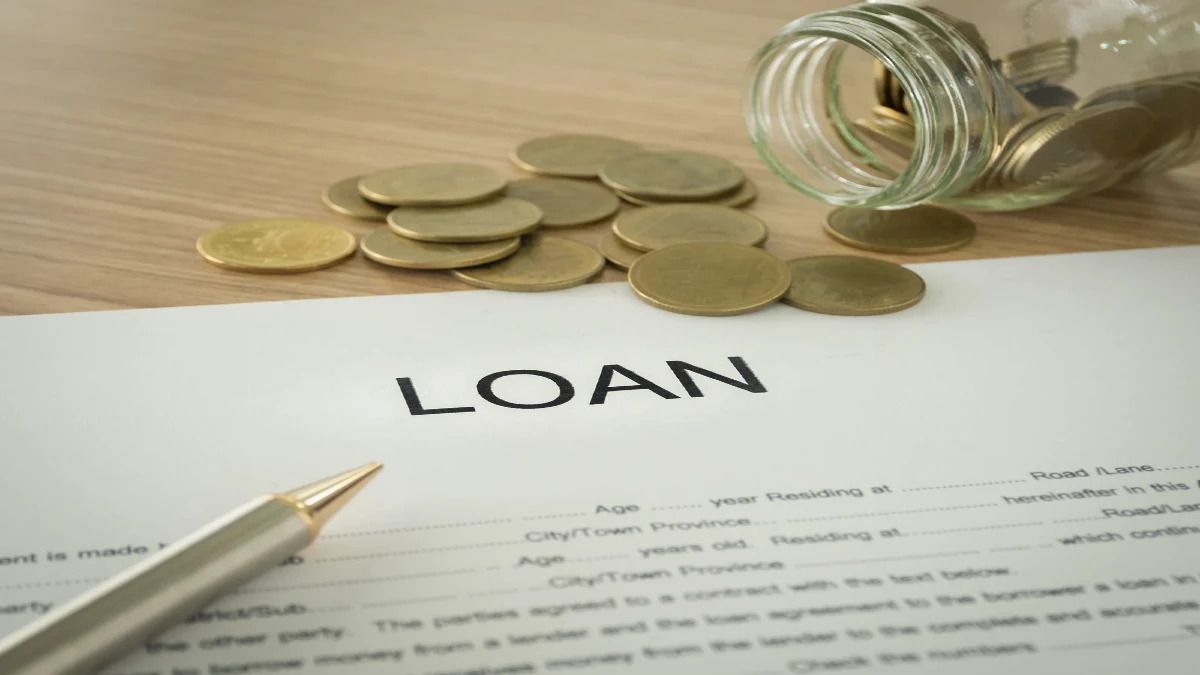Last Updated on February 25, 2017 by Bharat Saini
New Development Bank (NDB), formerly referred to as the BRICS Development Bank, is one area where the BRICS nations have moved quickly and successfully. NDB is a multilateral development bank established by the BRICS, an association of five leading developing economies of Brazil, Russia, India, China and South Africa. NDB founded on July 15, 2014 in Fortaleza, Ceará, Brazil; headquartered in Shanghai, China and headed by India’s K. V. Kamath, a veteran banker, as its first president, has kicked off both its lending and borrowing activities with vigour. NDB with initial authorized capital of $100billion has a paid-up capital of $50 billion, contributed in equal proportions by founder member countries. The name of the bank has been proposed by Indian Prime Minister, Narendra Modi.
According to the Agreement on the NDB, which makes provisions for the legal basis of the bank, “the Bank shall support public or private projects through loans, guarantees, equity participation and other financial instruments.” Moreover, the NDB “shall cooperate with international organizations and other financial entities, and provide technical assistance for projects to be supported by the Bank. In a separate agreement, a reserve currency pool worth $100 billion was set up by BRICS nations. Documents on cooperation between BRICS export credit agencies and an agreement of cooperation on innovation were also signed.
In 2016, the NDB approved its first set of loans involving financial assistance of US$911 million, particularly in the renewable energy projects in BRICS countries and plans to ramp up lending to $2.5 billion next year. NDB has recently issued successfully bank’s first green financial bond with issue size of 3 billion RMB, i.e. yuan bonds, worth $450 million, in China, with tenor of 5 years; and plans to raise $250 million by issuing masala bonds denominated in rupees in the first quarter of calendar 2017, followed by local currency issues in South Africa and Russia next year. NDB’s strategy of raising local currency debt and lending to countries in their local currency will lower the total cost of financing projects for recipient countries, by savings in currency risk due to depreciation. NDB in the second year is scaling up; concentrating on people, getting all the skill sets in and will expand its staff to 300 over the next three years
NDB while transferring funds, will be sharing knowledge on formulating projects, renewing towns and releasing farm land for commercial use. BRICS nations have the capacity to develop reasonably well-articulated projects with realistic timelines for implementation and there is plenty of knowledge in the individual BRICS nations that has to be shared with others. The point is to share this knowledge on different aspects of developing large countries with others. NDB will play a big role in this.
By creating a new global financial institution, BRICS has demonstrated to the world that it can stand on its own and will contribute greatly to the global economy and strengthening of international financial architecture and global financial safety net.

